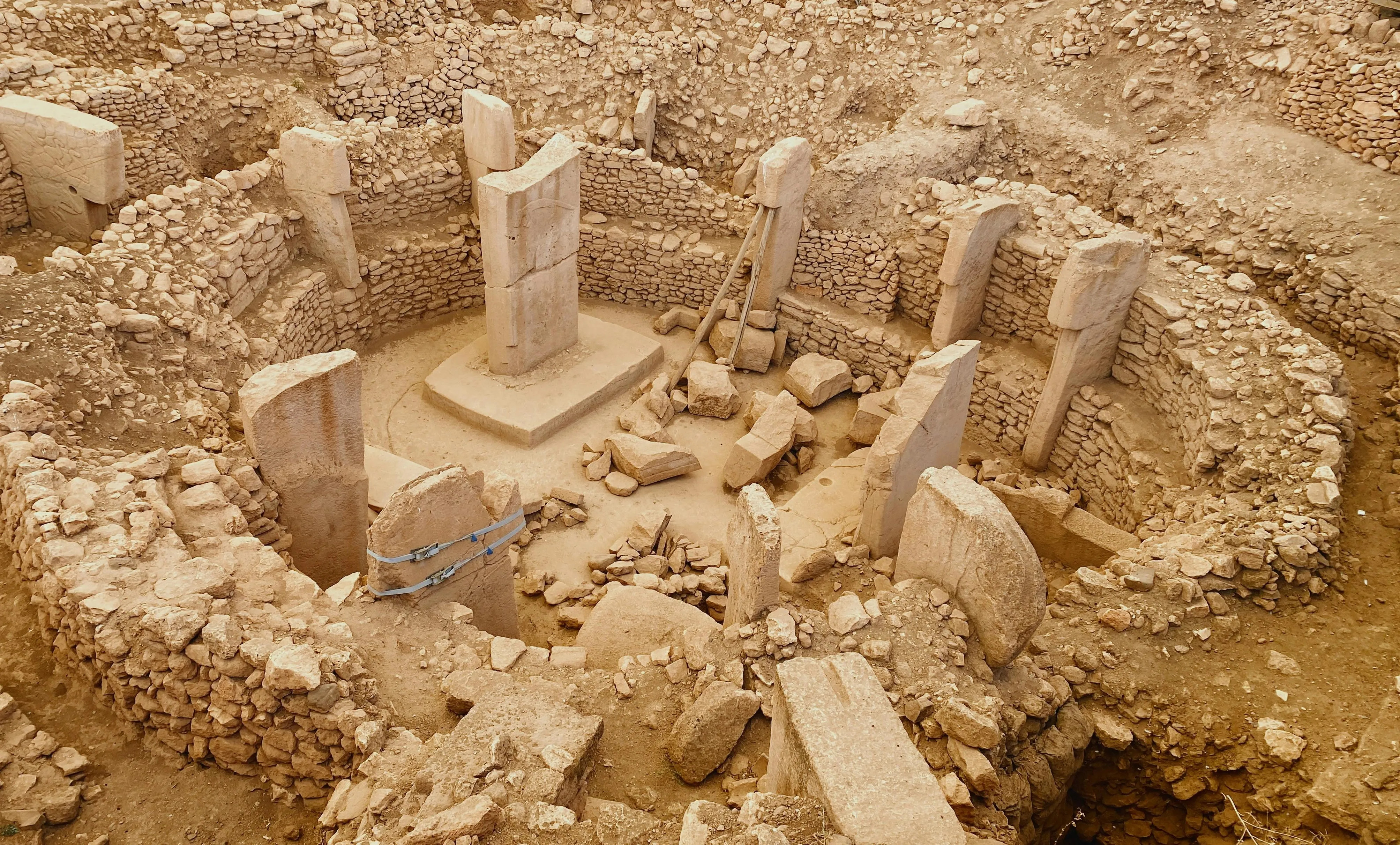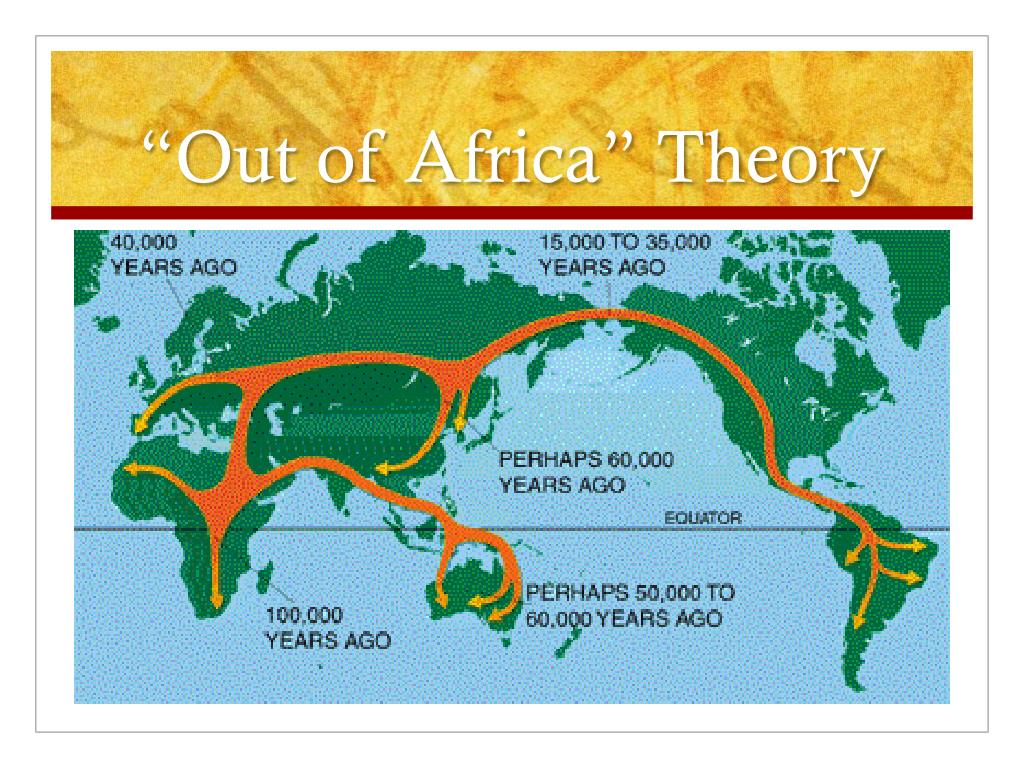Tracing the Ancient Origins of Alcohol Production

For millennia, alcoholic beverages have held a prominent place in human societies, shaping our cultures, rituals, and social interactions. But have you ever stopped to wonder about the origins of this enduring elixir? When and where did our ancestors first discover the intoxicating effects of fermentation? Recent archaeological discoveries are shedding light on the surprisingly ancient roots of alcohol production, pushing back the timeline and challenging our understanding of early human ingenuity.
Fermented Beverages: A Prehistoric Staple?
While the exact origins of intentionally fermented beverages remain shrouded in the mists of time, archaeological evidence suggests that humans have been producing and consuming alcohol for far longer than previously believed. The traditional narrative pointed towards the Neolithic Revolution, around 10,000 BCE, as the turning point. This period, marked by the advent of agriculture and settled communities, was thought to have provided the necessary ingredients and stability for early brewing and winemaking.
However, recent findings suggest a much earlier timeline. In 2020, a study published in the journal PNAS described the discovery of traces of fermented beverages in pottery shards from China, dating back an astounding 9,000 years. This discovery suggests that the production of alcoholic drinks, likely a rice-based beverage similar to beer, predates the cultivation of grapes for wine by thousands of years.
Unearthing the Evidence: From Pottery to Chemical Signatures
Archaeologists utilize a variety of techniques to uncover the evidence of ancient alcohol production. Pottery analysis plays a crucial role, as ceramic vessels served as the primary containers for fermentation and storage. The presence of distinctive shapes, such as narrow-necked jars designed to minimize oxidation, can indicate their use for alcoholic beverages.
Furthermore, microscopic analysis of pottery shards can reveal residues of ingredients used in ancient brewing. For example, the presence of starch grains from barley, wheat, or rice provides strong evidence of beer production. Similarly, grape pips and stems found in ancient pottery point towards early winemaking practices.
Beyond pottery analysis, scientists also employ sophisticated chemical techniques. Gas chromatography and mass spectrometry allow researchers to identify trace amounts of specific organic compounds, such as tartaric acid, a naturally occurring acid found in grapes and a key indicator of winemaking.
The Social and Ritual Significance of Early Alcohol
The widespread consumption of alcohol in ancient societies suggests that it played a significant role beyond simple inebriation. Archaeological evidence indicates that alcohol was deeply intertwined with social gatherings, religious rituals, and even medicinal practices.
In many cultures, alcoholic beverages were viewed as gifts from the gods, consumed during religious ceremonies and offered as sacrifices to deities. The ancient Egyptians, for example, believed that beer possessed magical properties and incorporated it into their funerary rituals.
Beyond religious significance, alcohol also facilitated social bonding. Shared consumption likely helped to strengthen community ties, ease tensions, and promote a sense of collective identity.
A Toast to the Past: Reflecting on the Legacy of Early Alcohol Production
The ongoing archaeological investigations into the origins of alcohol production provide a fascinating glimpse into the ingenuity and cultural practices of our ancient ancestors. From the discovery of 9,000-year-old fermented beverages in China to the sophisticated winemaking techniques employed by the ancient Egyptians, the evidence continues to challenge our understanding of early human history.
As we continue to delve deeper into the past, we can expect to uncover even more tantalizing clues about the role of alcohol in shaping our shared human story. The next time you raise a glass, take a moment to appreciate the millennia of human ingenuity and cultural tradition that went into crafting that beverage.


















Comments ()